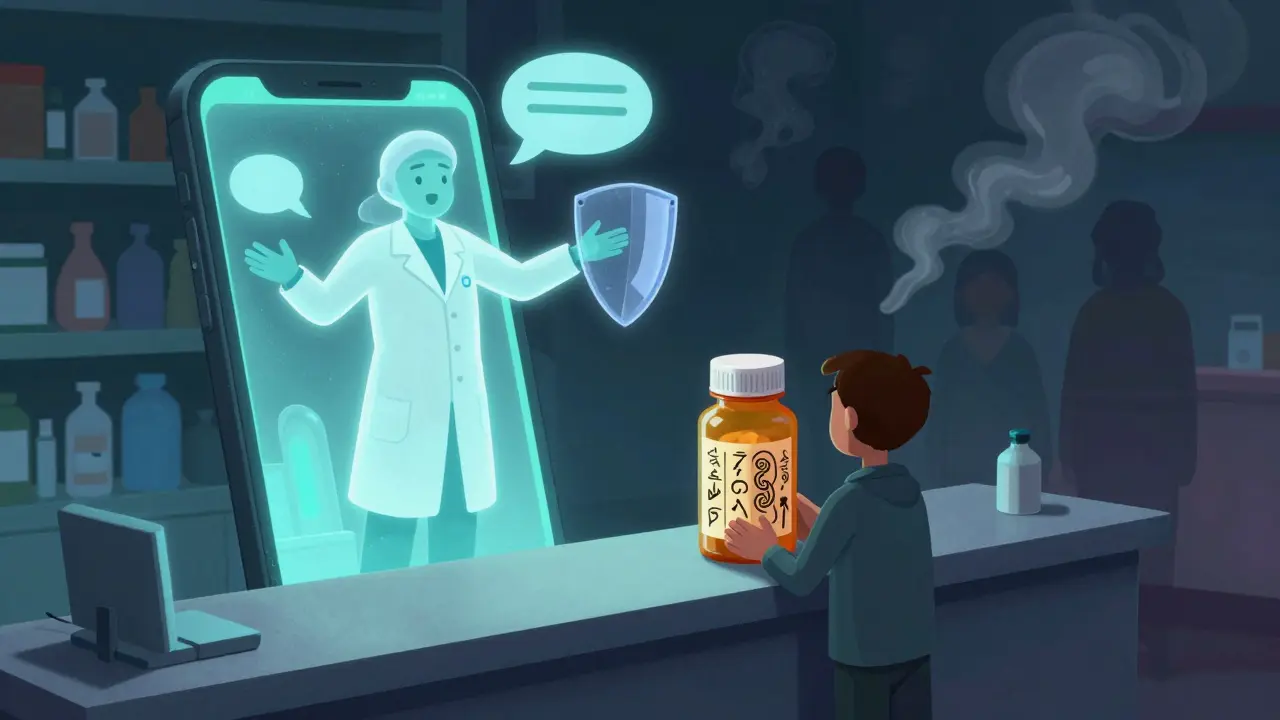Health Resources You Can Trust
Ever feel lost in a sea of medical articles that sound more like hype than help? You’re not alone. The internet is packed with health tips, but only a handful are actually reliable. This page pulls together the most useful resources so you can get solid answers without the guesswork.
Why Choose Credible Sources?
A credible source does three things: it’s backed by experts, cites real studies, and updates regularly. When a site meets those standards, you’re less likely to run into misinformation that could waste time or even harm your health. Doctors look for these signs when they recommend a website to patients – clear author credentials, transparent review processes, and links to peer‑reviewed research.
Choosing trustworthy sites also saves you from the anxiety of endless self‑diagnosis. Instead of scrolling through alarmist symptom lists, you get focused information that helps you decide whether a doctor’s visit is needed. Think of it as having a virtual health coach who knows when to step back and let a professional take over.
Top Alternatives to WebMD
If you’ve grown tired of WebMD’s dramatic symptom checker, there are better options that Australian doctors actually recommend. Here’s a quick rundown:
- Healthline – Written by certified medical writers and reviewed by physicians, it offers clear explanations and easy‑to‑read guides.
- Mayo Clinic – Directly from one of the world’s leading hospitals, its articles are evidence‑based and constantly refreshed.
- Medscape – Geared toward professionals but free for anyone, it gives in‑depth drug info and condition overviews without the fluff.
- KidsHealth.org – Perfect for parents, this site breaks down pediatric health topics in plain language.
- National Health Service (NHS) UK – A government‑run portal that sticks to strict clinical guidelines and avoids sensational headlines.
All these sites share a common trait: they let you verify the information. Look for author bios, reference lists, and dates of last update. If any of those are missing, move on.
The featured post on this page dives deeper into why these alternatives beat WebMD at accuracy and trustworthiness. It also gives practical tips for sifting through health content, like checking the “About Us” section or asking yourself whether the advice matches current medical guidelines.
Bottom line: you don’t need to be a doctor to find reliable health info. Just stick to sites that show clear expertise, keep their data fresh, and let you see where their facts come from. With these tools in hand, you’ll feel more confident making everyday health decisions without the fear‑mongering.
Ready to explore? Start with one of the alternatives above, compare what they say about your concern, and note any differences. If something still feels off, that’s a good cue to book an appointment and get personalized advice from a real professional.
How to Request Translator Services for Medication Counseling
Learn how to legally request free professional interpreter services for medication counseling at any U.S. pharmacy. Know your rights, avoid dangerous errors, and ensure you understand your prescriptions.
MoreTop WebMD Alternatives Trusted by Doctors for Accurate Health Information
Tired of WebMD's symptom checker leading you to dramatic conclusions? Discover reliable online health resources that Australian doctors actually recommend. This guide digs into what makes a medical website trustworthy and highlights physician-approved alternatives for safe, accurate advice. You'll also pick up real-life tips for sifting through health information online, plus resources tailored for different ages and health concerns. Take charge with digital tools that empower you, not frighten you.
More

